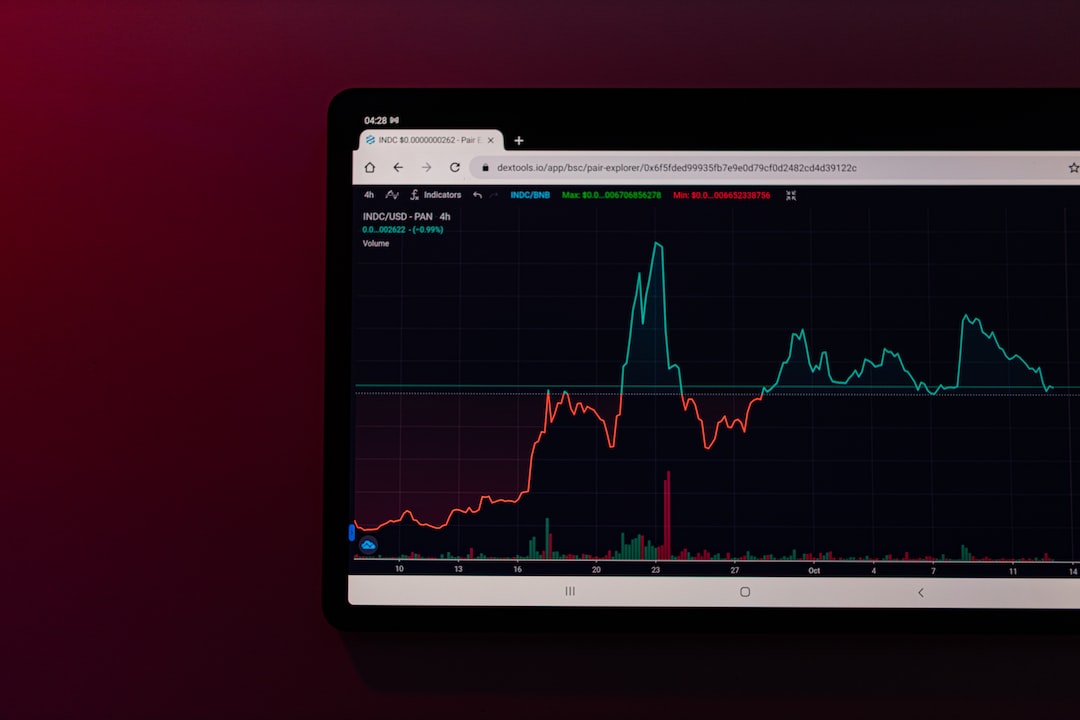P2P.org and SSV.Network Partnership
P2P.org, a non-custodial staking provider with thousands of institutional clients, has partnered with SSV.Network, known for its development of Distributed Validator Technology (DVT) to enhance security for Ethereum validators. This partnership will increase decentralization and improve individual validator resistance to attacks.
P2P.org is a significant non-custodial staking player in the cryptocurrency industry, with over $2.2 billion in assets staked by around 64,000 clients, including CoinList, Kosmos, and KR1. SSV.Network will integrate its DVT Staking API with P2P.org, providing greater security and reliability for institutions staking with them.
Distributed Validator Technology (DVT)
Distributed Validator Technology (DVT) is becoming increasingly common in Ethereum staking. It involves splitting the private key controlling an Ethereum validator into parts and assigning control to separate node operators, enhancing security and uptime. DVT ensures that a validator can still be accessed if a single operator loses access to their key while also requiring multiple keys for an attacker to assume control of a validator.
With more nodes controlling a validator, uptime and responsiveness are maximized, reducing the chance of a validator being penalized for going offline.
SSV.Network Mainnet Launch
SSV is preparing for its mainnet launch and further partnership announcements as its DVT Staking API is integrated into staking protocols. The API acts as a bridge, simplifying access to DVT staking for node operators without introducing complexity. This integration aims to connect staking protocols to more nodes and validators whose reliability has been boosted through multiple nodes being granted control.
Alon Muroch from SSV explains that the goal is to have diverse onramps to DVT-powered staking to secure and decentralize Ethereum. He emphasizes that the technology is suitable for solo stakers as well as institutional clients.
Distributed Validator Technology has the potential to strengthen and decentralize networks. As P2P.org rolls out SSV.Network’s implementation of DVT, institutional clients will be among the first to benefit from this technology.
Hot Take: P2P.org’s Integration of SSV.Network’s DVT
The partnership between P2P.org and SSV.Network marks a significant advancement in Ethereum staking technology. With DVT offering enhanced security and reliability, this integration will benefit both institutional clients and solo stakers by maximizing uptime and minimizing the risk of penalties for offline validators. As SSV prepares for its mainnet launch, this partnership paves the way for further advancements in decentralized network security within the cryptocurrency industry.





 By
By
 By
By
 By
By

 By
By
 By
By